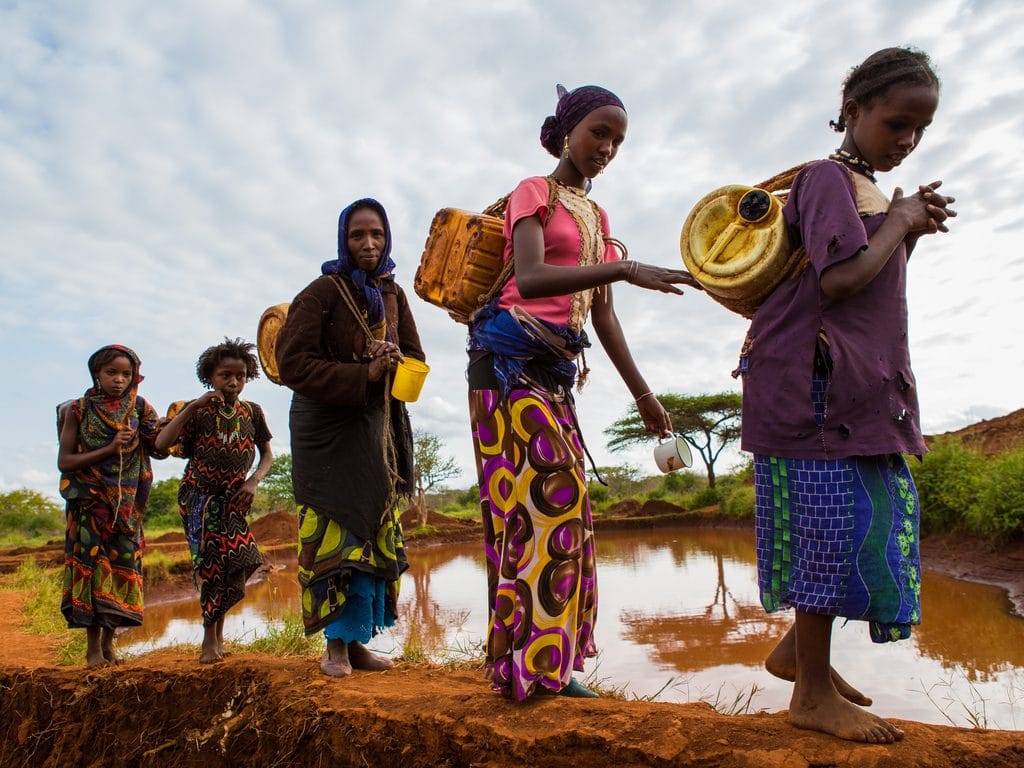In Kenya, Makueni County is known for its rural landscapes that look like grassy steppes here and there. It is an environment that offers breathtaking views and is appreciated by tourists. However, for the local populations, it recalls a completely different reality: the lack of drinking water. On the spot, it is necessary to transport cans on carts hung on donkeys to fetch water from miles away. A community-based organisation has decided to address these problems in remote areas of eastern Kenya.
It is called the Utooni Development Organization (UDO). It has signed a partnership agreement with Primate’s World Relief and Development Fund (PWRDF), a sustainable development fund of the Anglican Church of Canada. Together, they will provide drinking water for nine villages in Makueni. On site, the two partners have just commissioned shallow water wells equipped with hand pumps.
Training on water conservation
Also as part of this project, the two institutions are preparing to provide the population with training on the protection of water resources, but also and above all on methods of water treatment and storage in households. This part of the project will benefit 1,620 people, including 1,080 women and girls because in this region of the African continent, they are the ones who (traditionally) have the responsibility to bring water home.
Also in Makueni County, UDO built a sand dam with a water conservation process. PWRDF has provided $30,000 to help build watertight wells that make it easier to pump water from the dam.
This is not the first time that UDO has started building small sand dams in eastern Kenya. Since 2009, more than 230 such installations have been installed in villages. In many cases, the sand dam consists of storing water under the riverbed, which allows it to be used for irrigation and domestic consumption throughout the year. The system is designed so that the water in the dam is not contaminated.
Jean Marie Takouleu
